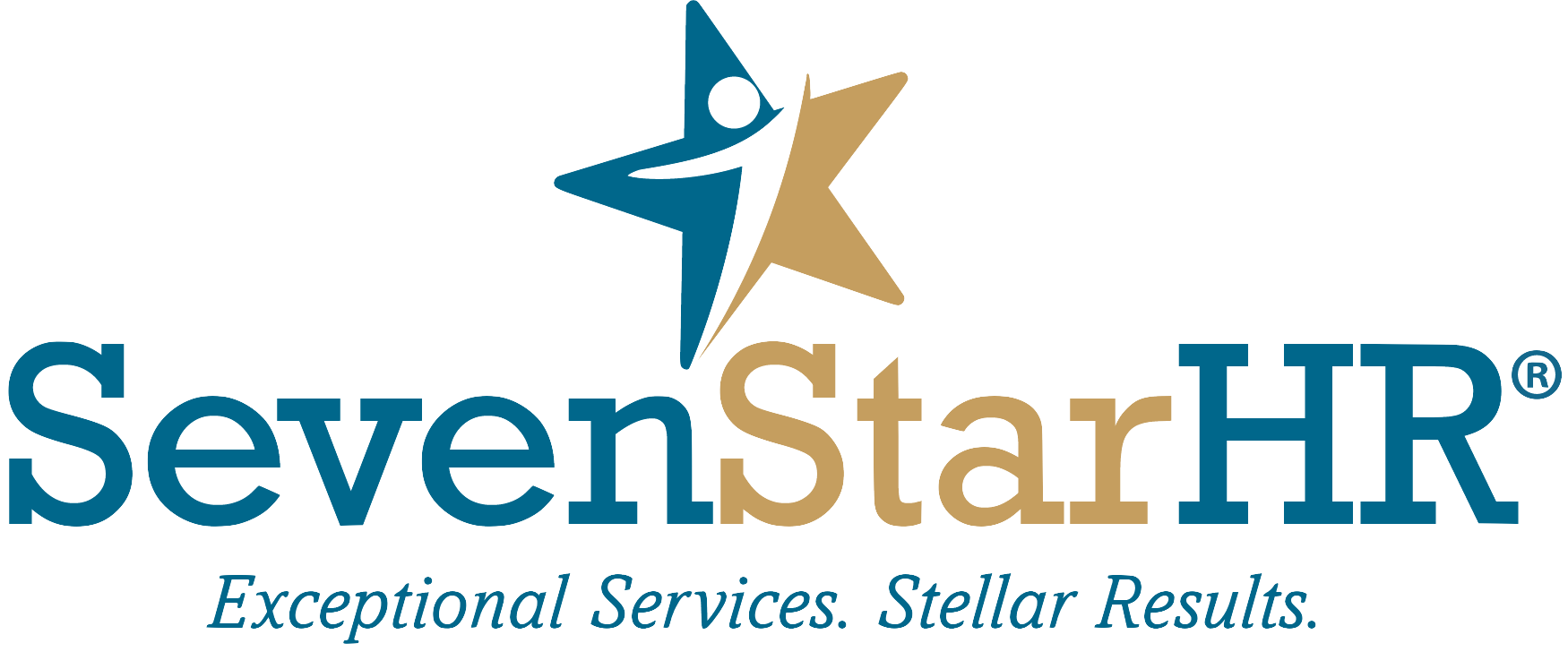FMLA for Expectant Fathers: What HR Needs to Know
The Family and Medical Leave Act (FMLA) provides essential protections for employees who need time off for family and medical reasons, but its application can sometimes be complex, especially for expectant fathers. Understanding when leave is—and isn’t—available for fathers-to-be is crucial for HR professionals tasked with navigating these regulations and supporting their employees effectively.
When Are Expectant Fathers Eligible for FMLA Leave?
Expectant fathers are eligible for FMLA leave under specific circumstances. Primarily, the FMLA entitles employees to 12 weeks of unpaid leave for the birth of a child and for bonding with the newborn within the first 12 months. However, the timing of when this leave can start is strictly regulated.
Leave Begins at Birth
For fathers, FMLA leave generally begins on the day the child is born. This leave can be used to support the birthing mother, bond with the newborn, and adjust to the new family dynamics. If an expectant father wishes to take leave before the actual birth, FMLA does not cover this period unless specific criteria are met.
Prenatal Leave for Fathers
FMLA provisions before the birth are mainly for pregnant employees or those caring for a pregnant spouse who is incapacitated or requires prenatal care. These conditions do not usually extend to expectant fathers taking time off solely to prepare or travel for the birth.
The Essentials of FMLA Policies
Understanding the intricacies of FMLA policies and how they apply to expectant fathers is vital. Here are some key points HR professionals should keep in mind:
Absence Policies and FMLA Compliance: Companies typically have structured FMLA and attendance policies. These policies should clearly outline that pre-birth absences for fathers are not covered under FMLA unless they are related to caring for a pregnant spouse who is incapacitated or needs prenatal care.
Communication and Documentation: It is crucial for HR to ensure that employees understand the policies and requirements for FMLA leave. Providing clear, documented information about when FMLA leave can begin and what is required for pre-birth absences helps prevent misunderstandings and ensures compliance.
HR's Role in Managing Expectations: HR professionals must guide employees through the complexities of leave policies. Clear and consistent communication about the limits of FMLA for expectant fathers is essential. HR should also provide information on alternative leave options, such as personal or sick days, for any pre-birth time off.
When FMLA Doesn’t Apply
Understanding the boundaries of FMLA is crucial. The FMLA does not extend to periods before the birth unless specific medical conditions are met. Fathers cannot take FMLA leave just to await the birth or travel to the birth location. Instead, they must use personal or sick leave for these purposes if available.
Key Takeaways for HR Professionals
Ensure Clarity on FMLA Policies: Employees must be fully aware of when they can and cannot take FMLA leave. Clear, consistent communication is essential.
Provide Comprehensive Training: Regular training sessions on FMLA and related company policies can prevent misunderstandings. This training should be part of the onboarding process and ongoing employee education.
Document All Interactions: Keeping detailed records of communications with employees about FMLA leave and related policies can protect the company in case of disputes and ensure transparency.
Support Employees with Alternative Options: While FMLA may not cover pre-birth absences, offering flexibility through personal or sick leave options can help employees manage their needs without violating attendance policies.
Need Help?
Navigating FMLA policies can be challenging, but you don't have to do it alone. SevenStar HR is here to provide expert guidance and support tailored to your company's needs. Whether you need help with policy development, employee training, or managing specific cases, we are here to assist you every step of the way. Reach out to us today to ensure your FMLA processes are clear, compliant, and supportive of your workforce.

